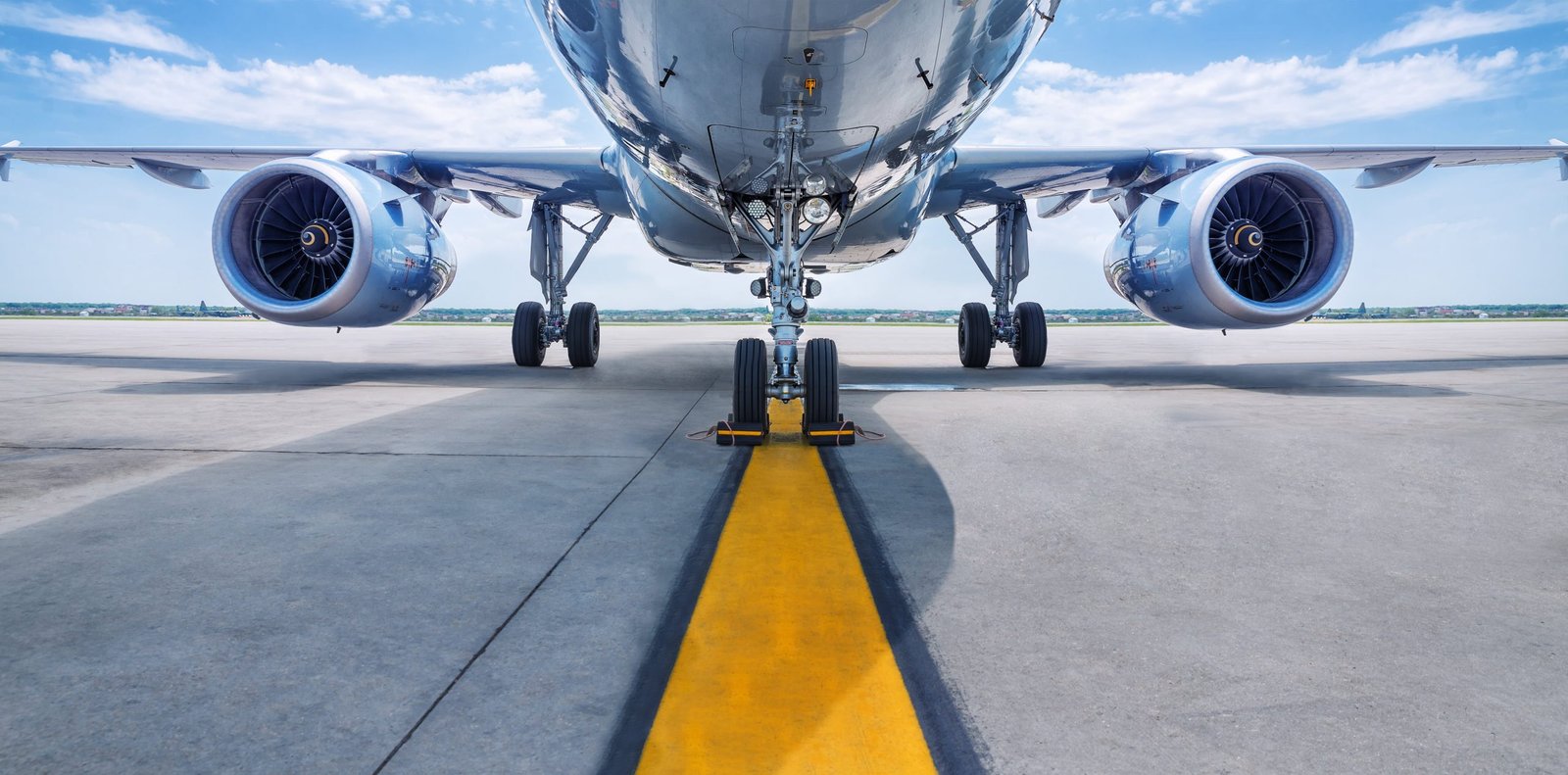
Airline Bailouts – a bailout of Big Tech, Banks & Governments
Bob Lyddon, owner of Lyddon Consulting Services, examines how airlines are starting to queue up for bailouts from the UK government to gain access to taxpayer funds....
Richard Branson has requested a UK government bailout for Virgin Atlantic, a request that will no doubt be followed by others.
These requests need to be resisted for a Brexit-related reason.
70% of the world’s aircraft fleet is owned out of the Republic of Ireland, and leased out from there. The background is tax.
Aircraft leasing is one of the factors at play within a larger Foreign Direct Investment scheme, mounted through the Irish Development Authority, to get Big Tech, their jobs and their spending into Ireland.
7 out of the 10 largest Irish companies are US-owned and involved in Big Tech (including biotech), owning a large pool of Irish profits in need of tax shelter.
Big Tech pays next-to-no tax in the UK (or in France or Germany for that matter), because they have adopted a business structure that concentrates their EU and UK profits into an Irish company (or in fewer cases, like Amazon, a Luxembourg one), and subjects them to 12.5% corporation tax.
The overall schemes go further in eroding the taxable profit in Ireland firstly through questionable intercompany costs. This is explained in the paper written by Ewen Stewart and myself entitled “The Irish Economic Miracle: Fact or Fiction”, published by Global Britain.
Aircraft leasing further erodes the taxable profit. By positioning the Irish Big Tech subsidiary as the general partner in an Irish Limited Liability Partnership (“LLP”), any losses made by the LLP can be merged with the Big Tech subsidiary’s own profit, thus reducing the profit and the tax payable on it. The Big Tech subsidiary’s effective tax rate is thereby reduced to about 3%.
The loss in the LLP is created by the LLP buying an aircraft and claiming the Irish depreciation allowances on it, on a schedule of 12½% of cost over 8 years “straight line”[1]– very aggressive for an asset with a useful life of 20+ years.
The Big Tech subsidiary need only invest 15% of the aircraft’s cost into the LLP, although, as general partner, it takes over 100% of the LLP’s loss. The remaining 85% of the aircraft’s cost is lent to the LLP by Irish banks, the loan being repaid in equal semi-annual instalments over 15 years.
The dependencies for success are that the airline continues to pay the lease rentals and buys the aircraft at the end, that there is a ready supply of debt finance, that second-hand aircraft values hold up, and that there are Irish companies with considerable profits that they wish to shelter from tax.
But it falls flat if the airline goes down. The lenders will repossess the aircraft and possibly liquidate the LLP. The Big Tech subsidiary will lose any residual years of tax-related benefits, and will only receive its 15% investment in the LLP back if the aircraft is sold for a price that covers all of the debt plus the investment amount.
The lenders cease to collect their interest and, having repossessed the aircraft, may have to sell or re-lease it at lower secondary-market prices. Both of these actions cause the Irish bank a write-off, reducing overall profits or pushing the bank into a loss, which eats into its capital.
The worse the external market conditions, the lower will be the aircraft’s secondary-market value and the bigger the loss.
Ireland has created another banking bubble for itself, after the real estate bubble in the run-up to Ireland’s first financial bailout. We calculated the outstanding loans on 70% of the world’s airliner fleet as being €652.9 bn, compared to Ireland’s 2017 GNI of €181 bn.
It would not take many bad deals to eliminate the capital of any one bank, invoking the EU Bank Recovery and Resolution Directive. The Irish government, under the terms of its Financial Services Compensation Scheme, should then reimburse depositors up to €100,000 each.
Whichever path the Irish government follows, it has its options as a Eurozone member state to find the resources: using up its cash reserves, raising taxes, cutting other expenditure or increasing borrowing, as a last resort through the European Stability Mechanism.
The UK taxpayer has no possible interest in sparing the Irish government from suffering these consequences, deriving from an overall scheme that has been so beneficial to Ireland’s economy and so detrimental to the UK’s.
Nor has the UK taxpayer any possible interest in stepping up to the plate to spare Big Tech or the Irish banking system from losses that derive from a scheme which has serviced Big Tech in reducing its Irish tax bill, on the back of its already having reduced its UK tax bill.
This is why airline bailouts need to be resisted by the UK government.
Written by Bob Lyddon.
Bob Lyddon is an international banking and financial services expert. He is the owner of Lyddon Consulting Services, a blue-chip specialist consultancy in international banking, focussing on matters related to the core domain of Payments and Cash Management.
For more information visit: www.lyddonconsulting.com
For more Business news follow i-invest Online.
[1] https://taxsummaries.pwc.com/ireland/corporate/deductionsaccessedon 21/4/20
